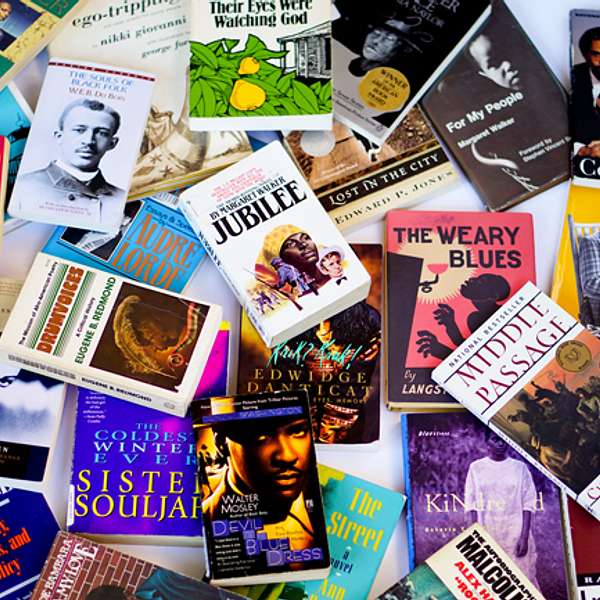
Remarkable Receptions
A podcast about popular and critical responses to African American novels, artistic productions, and more.
Remarkable Receptions
The Bluest Eye doesn’t go down easy -- Kathryn Warren
Are the people who ban books ever right, if only by accident?
Episode by Kathryn Warren
Kathryn Hamilton Warren is a Distinguished Senior Lecturer in the Department of English at the University of Texas at Arlington. She specializes in American literature.
Read by Kassandra Timm
According to the American Library Association, Toni Morrison’s novel The Bluest Eye was among the 10 most frequently banned books in 2021—some 51 years after it was published. Avid readers like to think of themselves as champions of novels like Morrison’s, carrying “I Read Banned Books” tote bags to protest censorship and prudishness.
For that reason, one wouldn’t expect English majors in a class on literary analysis at the University of Texas at Arlington to object to Morrison’s novel. But they did. Are the parents and school board members who ban books ever right, if only by accident?
You’re listening to Remarkable Receptions—a podcast about popular and critical responses to African American novels.
It was the fall of 2020. The class gathered online after that first COVID summer of injustice and protest. UTA is a commuter school serving a diverse urban population, and the class was representative of the school’s demographics: most of the students were not white.
One after another voiced the same response to The Bluest Eye: “I’m tired of reading novels about Black struggle.”
The Bluest Eye doesn’t go down easy. The story of a girl rendered nearly invisible by racism means to provoke anguish, and it succeeds. It also succeeds in describing ways of thinking that authorize people to treat each other without compassion. Morrison’s genius forces readers to confront what some would rather ignore.
That fall, though, the students felt they had confronted enough already, in their communities and in the news. They didn’t want to see it again in their readings for English class.
The students of color spoke up first, with conviction, while the white students and their white professor listened. One by one, even the quiet ones turned on their cameras to ask why teachers who assigned literature by Black writers always seemed to choose stories about trauma. About racism. About abuse and debasement.
It’s a complicated question.
The thing is, those book banners, misguided though they are, recognize something that champions of literature should remember: if stories have the power to open eyes, they also have the power to wound. And in great literature, those responses—recognition and pain—often go together.
With their honest responses to Morrison, the UTA students laid bare the high emotional stakes of reading, which, when taken seriously, can be a remarkably risky enterprise.
*******************************
This episode was written by Kathryn Hamilton Warren. The episode was edited by Elizabeth Cali and Howard Rambsy.
******************************************
This podcast, Remarkable Receptions, is part of the Black Literature Network, a joint project from African American literary studies at Southern Illinois University Edwardsville and the History of Black Writing at the University of Kansas. The project was made possible by the generous support of the Mellon Foundation. For more information, visit blacklitnetwork.org.